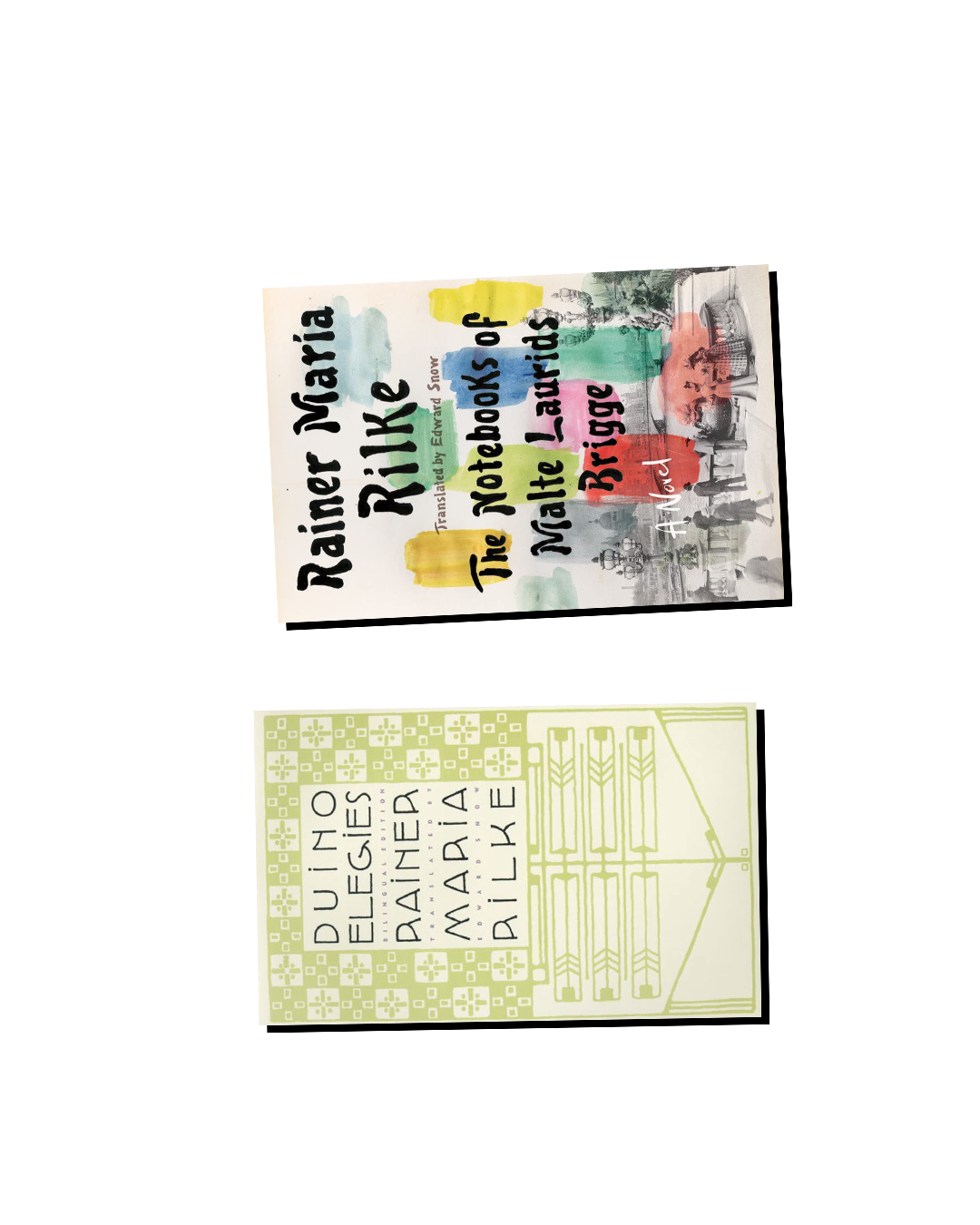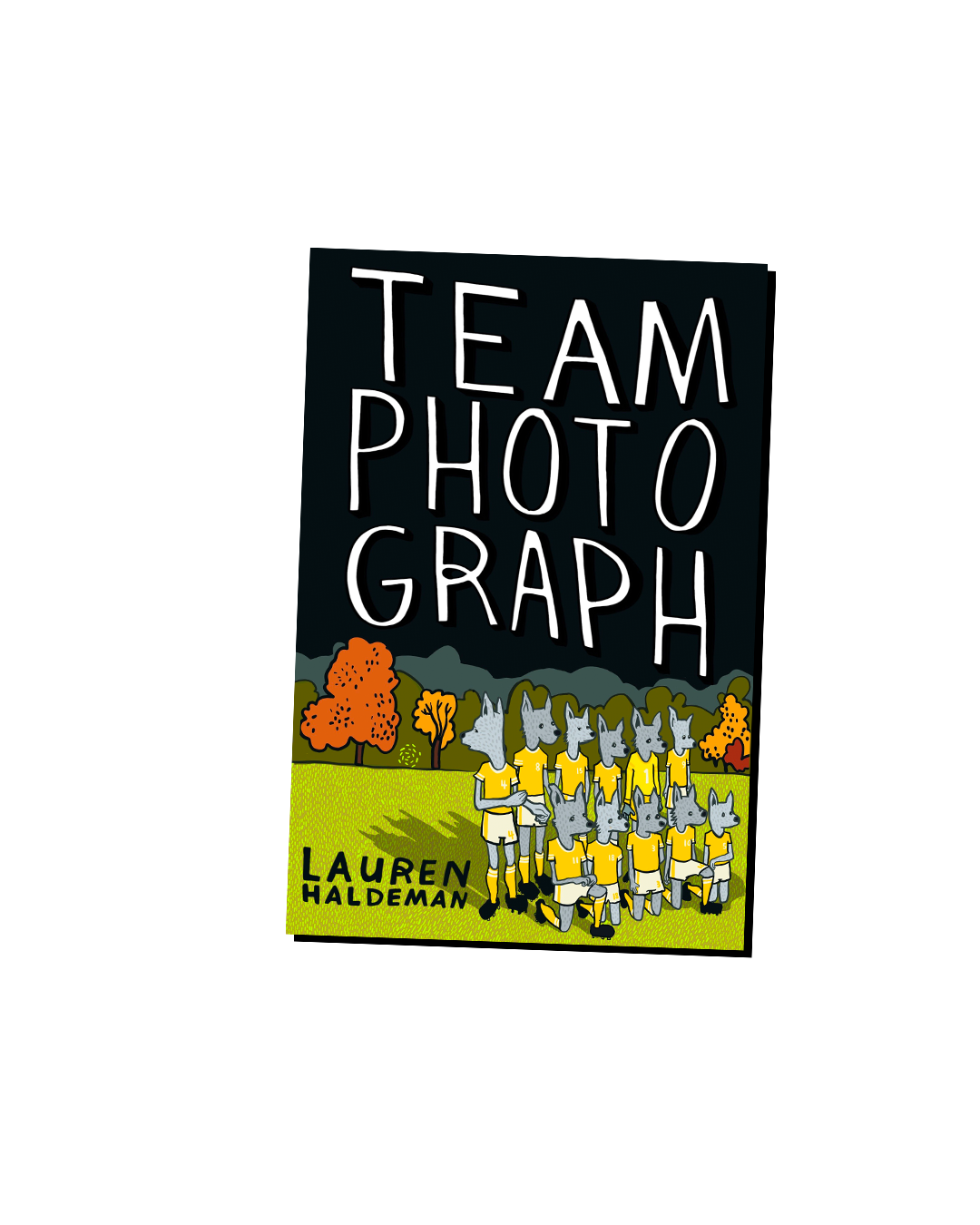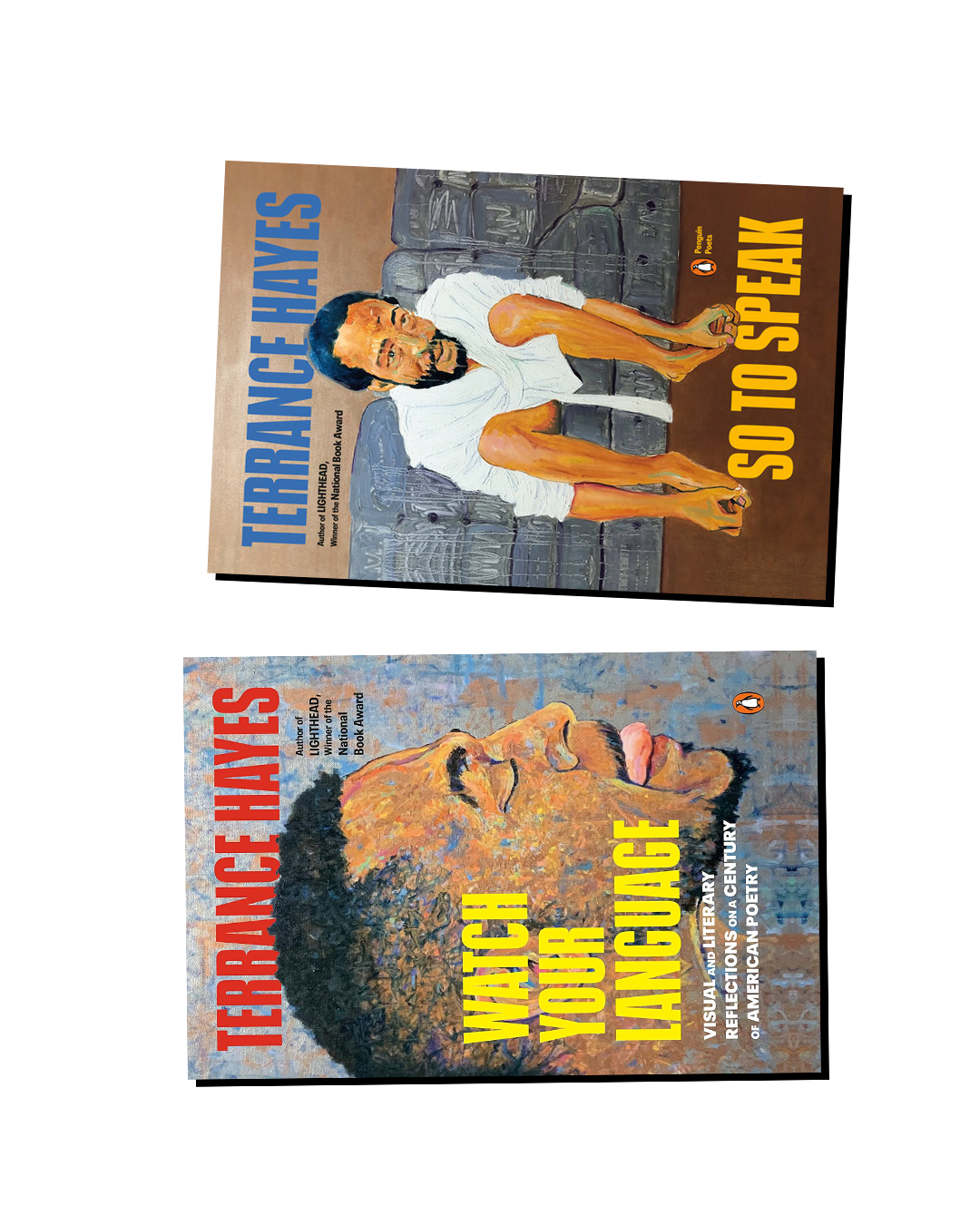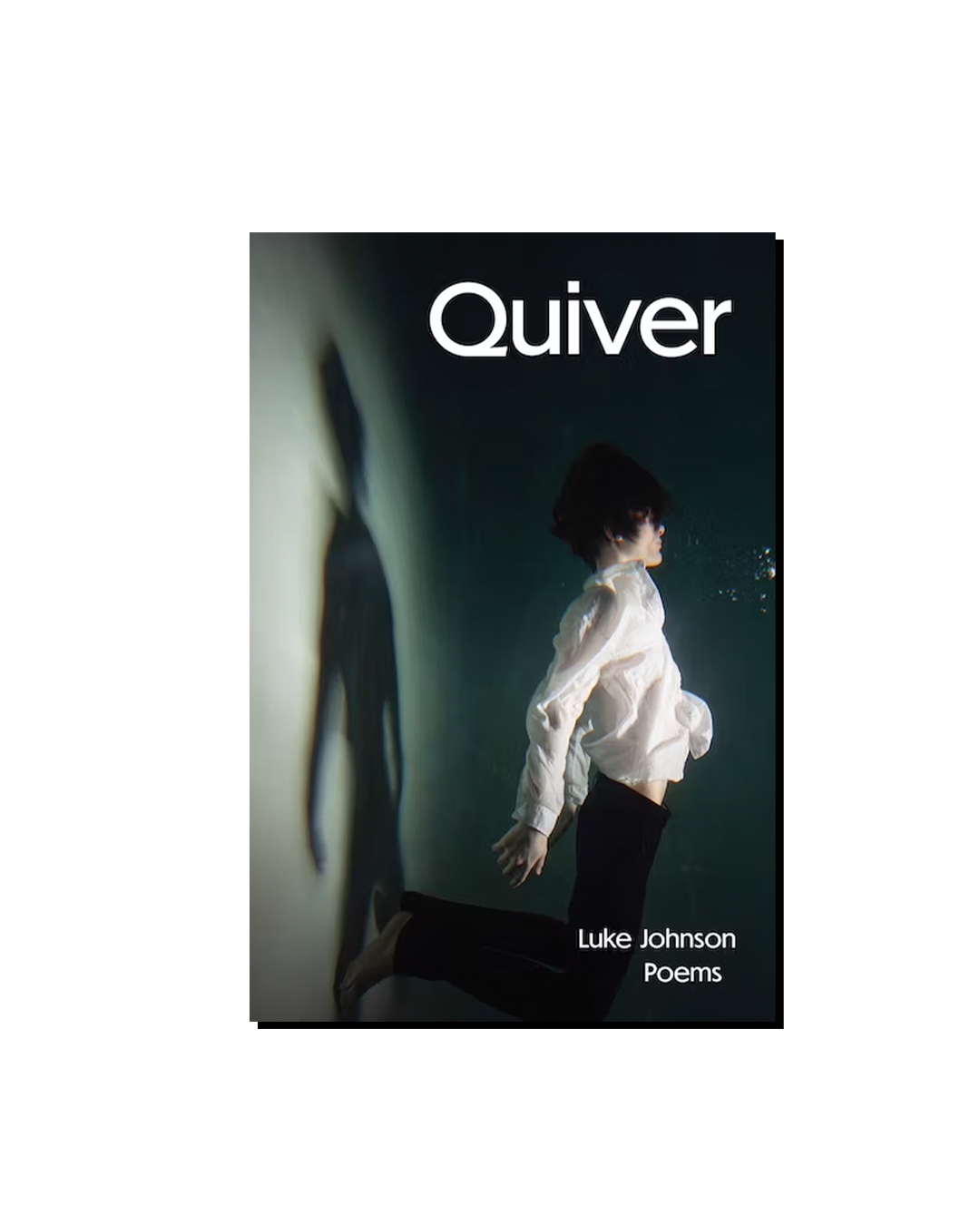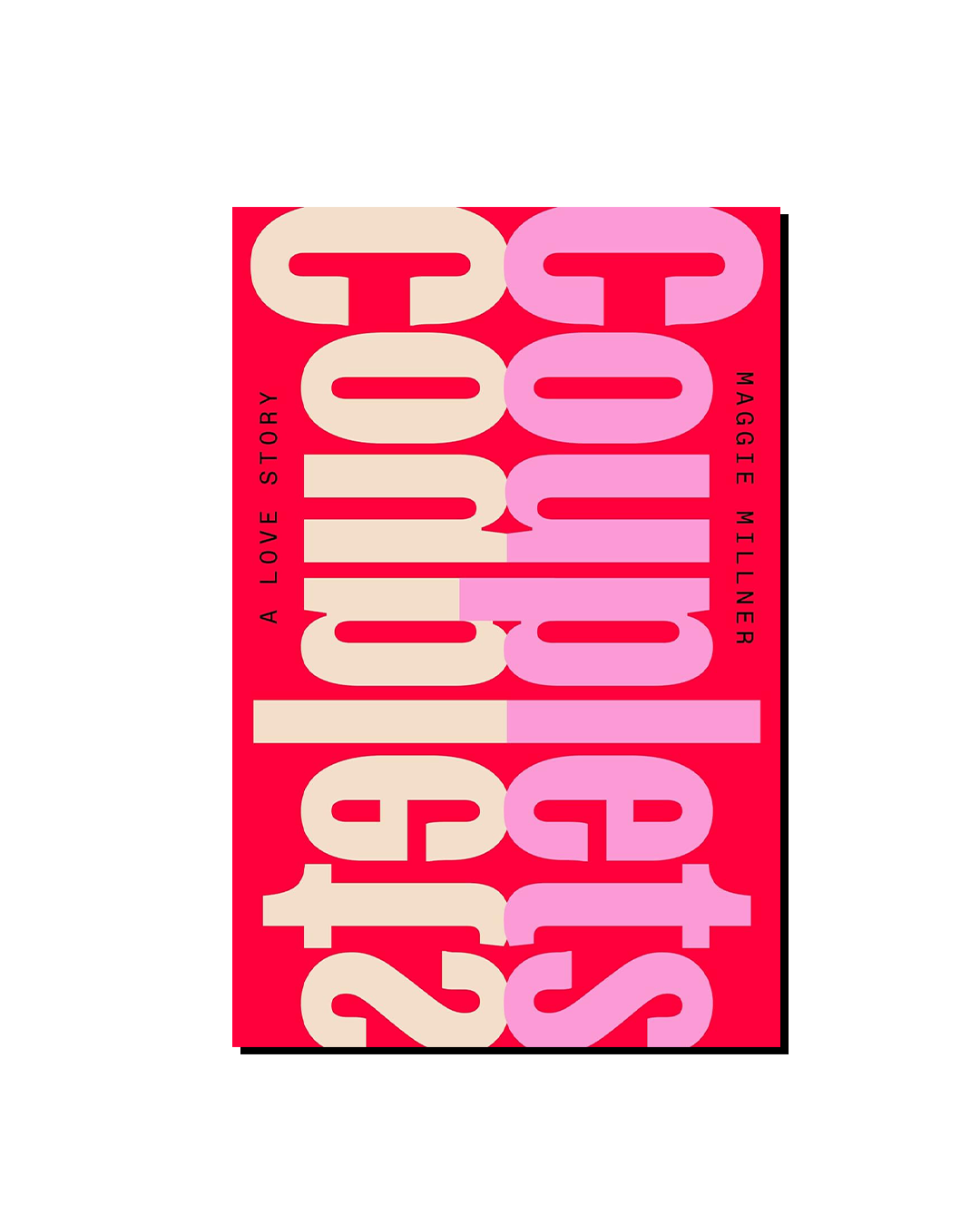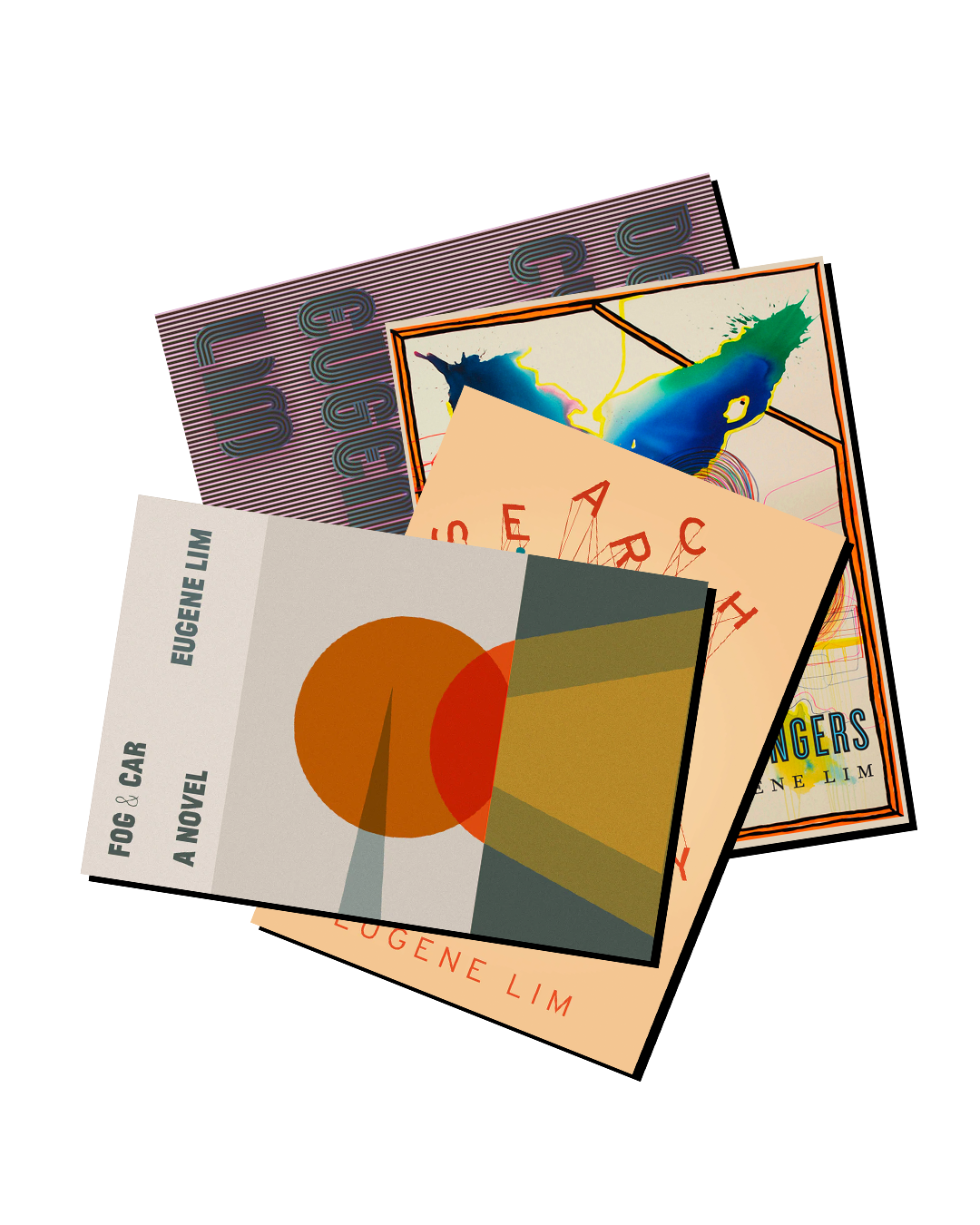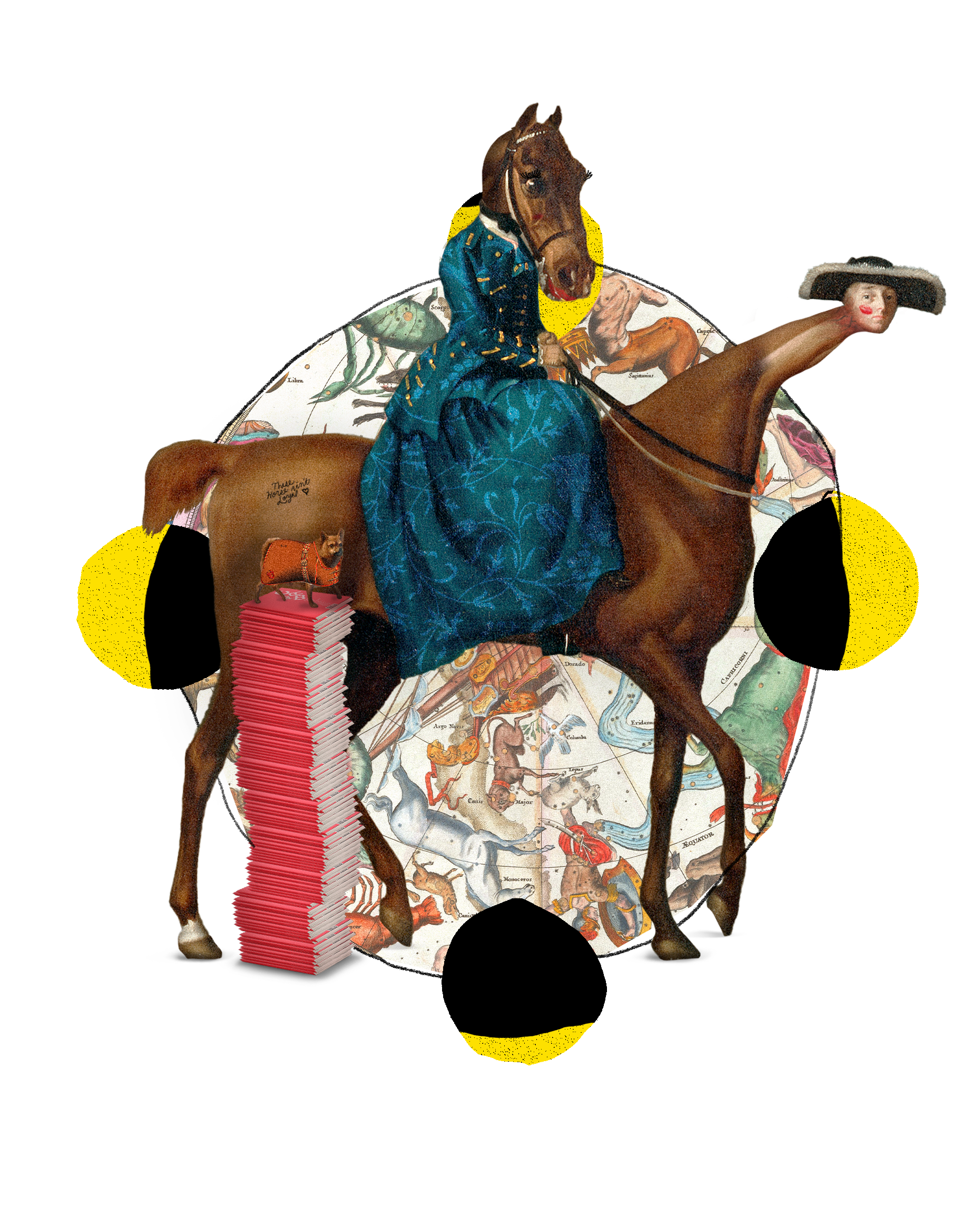Words Scumble the View: On Lindsay Turner’s “The Upstate”
Where is upstate? A proximity, a region positioned degrees away from somewhere not upstate, forever elsewhere.
Too Sincere, Or Worse: An Interview with Annie Proulx
Denying fame, or incarnation as a public figure, does not necessitate abandoning pose.
How to Be an Author and a Character Simultaneously
We have to rearrange our lives—to give a handful of days more weight than entire years, to give a few characters starring roles—so we can feel they are something more than administrative projects marked by disappointment.
Fantastic Lands and Where to Find Them: On Anthony Bale’s “A Travel Guide to the Middle Ages”
Bale’s aim in this book is to write in a rigorous and entertaining way about medieval travel writing; it would be a disservice to the subject to exclude the fictitious or the tasteless.
After Populism: On Borriello and Jäger’s “The Populist Moment”
The material conditions that underpinned social democracy have disappeared. Against this backdrop, left populism constitutes a sincere, but plaintive, desire for the lost world to return.
How to Die in the Twentieth Century
This makes of poetry—true poetry—either a task that is more difficult even than sainthood, or else simply a fool’s errand altogether. There is a dignity specific to either option.
What’s a Sad Wolf To Do?: On Lauren Haldeman’s “Team Photograph”
Comics show eyes, minds, people where to go, how to organize spatial information, what’s important, what to see. Photographs don’t, or not in the same way: maps do.
Some Ekphrastic Evening: On Fred Moten’s “perennial fashion presence falling”
He emphasizes the way that content prophesies form, or the way that form supervenes upon content—which is to say, he emphasizes the way in which the void leaps and sticks its landing.
What Poems Can’t: On Terrance Hayes
Watch Your Language shadows So to Speak, offering what the poems can’t—not explanations of the origins of lyric impulse, but a recreation of the process involved in coaxing it.
Brutal Naturalism: On Luke Johnson’s “Quiver”
The desire to flay and spread open the guts, to commit sin and confess it, to claim responsibility by way of observational learning.
The Artist’s Self-Interest: On Capitalist Fiction
The idea that this cultural moment is specific to an era of progressivism, neoliberalism, or late capitalism (a term which always feels a little baselessly optimistic), does not seem accurate. Regular capitalism describes the moment pretty well.
Economies of Guilt: On Fernanda Melchor’s “This Is Not Miami”
There is an established tradition of Latin American novelists who started off as journalists.
The Live Louise Glück
When you grow up alongside a writer and see them change and rearrange and deliver a new object still dripping sweat, that object looks different than if you were merely recovering it from the long march of literature by the no-longer living.
Looking for Gauraa in “Notes”
Novels narrated through IMs or letters can manipulate the space between messages, relying on the reader to intuit the gap between what someone might be feeling and what they might be saying.
A Real and Un-Automated Horse: On Brian Merchant’s “Blood in the Machine”
Merchant demonstrates that to act as a Luddite is to be anything but out-of-touch: it is to mobilize a common sentiment that marches from the past, and to stride as part of a collective toward a more equitable future.
Only This or That: On Maggie Millner’s “Couplets”
You thought you knew everything about couplets, and then realize there’s something new to discover in the familiar form. An uncovering of fossils, a tomb whose bones are still intact, jewelry in place and shining around the dusty vertebrae.
The Haunting Presence of a Network: On Eugene Lim
The text is interactive, necessitating the intervention of the reader for categorization of its entropic structures. Genre inflects, demands, and manages expectations anew: it’s a goddamned virus.
The Precarious “North” of Jacques Darras
Darras’ poetry may long for the alleged poetic horizon from which waves—and, indeed, shades—emanate but, in its subtle (if finless) wisdom, remains coastal, content to let lyric fall tame upon the sand.
A Way of Loving Time: The Year in Wavy Lines
At this year’s end, we present its distillation or digital imprint: every wavy line from our homepage arranged in chronological order, a kind of cento, list, monument, calendar.
Quarter in Review: Three Horse Girls, Two Horses, One “Vol. 01”
The new issue is hot off the presses. It smells ripe, it wears leather, and it will get angry if you walk behind it.






